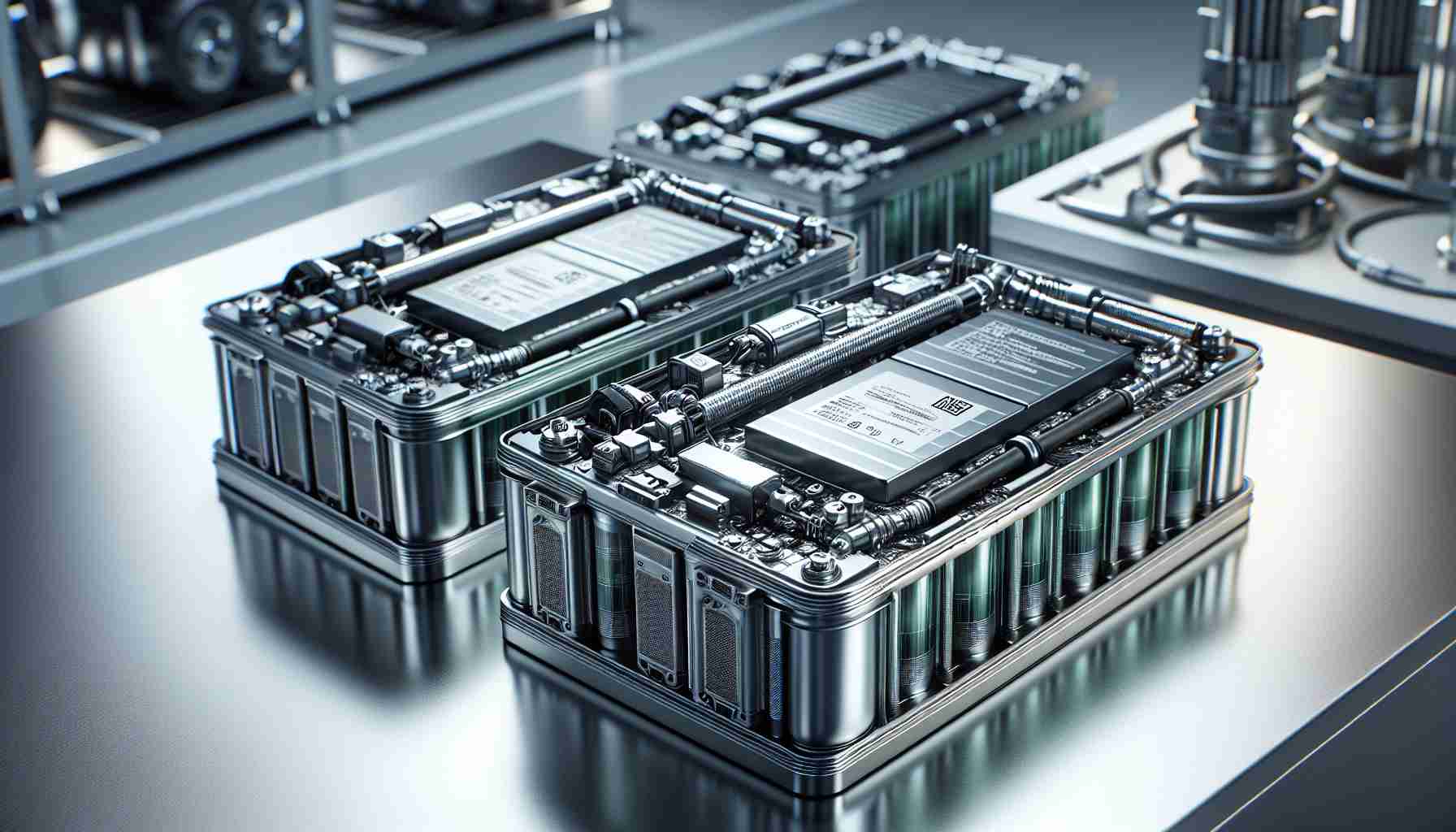Summary:
Solid-state batteries are a promising technology for electric vehicles (EVs) that offer numerous advantages over traditional lithium-ion batteries. These batteries use a solid electrolyte instead of the liquid electrolyte found in regular batteries, making them safer, more efficient, and longer-lasting. This article explores the potential of solid-state batteries in revolutionizing the EV industry and addresses some common questions regarding their implementation.
Introduction:
The growth of the EV market has led to increased research and development in improving battery technology. Solid-state batteries have gained significant attention due to their potential to overcome the limitations of traditional lithium-ion batteries. By replacing the liquid electrolyte with a solid-state electrolyte, these batteries offer better thermal stability, increased energy density, and faster charging times.
Advantages of Solid-State Batteries:
1. Improved Safety: One of the main advantages of solid-state batteries is their enhanced safety. Unlike liquid electrolytes, solid-state electrolytes are non-flammable, minimizing the risk of battery fires or explosions.
2. Higher Energy Density: Solid-state batteries have the potential for higher energy density, meaning they can store more energy within the same physical volume. This leads to improved range for electric vehicles.
3. Faster Charging: Solid-state batteries can be charged at faster rates compared to traditional lithium-ion batteries, reducing charging times significantly.
4. Longer Lifespan: The solid-state design of these batteries prevents the growth of dendrites, which can cause short circuits and reduce battery lifespan. This results in longer-lasting batteries for EVs.
Challenges and Current Research:
While solid-state batteries show great potential, there are still some challenges that need to be addressed before their widespread adoption in electric vehicles. These include limited manufacturing scalability, high material costs, and concerns regarding the interface between the solid electrolyte and electrode materials. However, ongoing research and development efforts are focused on overcoming these hurdles and optimizing solid-state battery technology for commercialization.
Frequently Asked Questions (FAQ):
1. Are solid-state batteries already available for electric vehicles?
Not yet. While several companies and research institutions are actively working on solid-state battery technology, mass production and commercialization for electric vehicles have not been achieved. However, prototypes and small-scale production units exist.
2. When can we expect to see solid-state batteries in electric vehicles?
The timeline for the commercial adoption of solid-state batteries in EVs is still uncertain. Some industry experts predict that we may see limited use of solid-state batteries in high-end electric vehicles within the next 5-10 years, while widespread adoption may take longer.
3. How does the cost of solid-state batteries compare to traditional lithium-ion batteries?
At present, the cost of solid-state batteries remains higher than that of traditional lithium-ion batteries due to the complex manufacturing processes and the use of more expensive materials. However, as technology advances and economies of scale kick in, the cost is expected to reduce over time.
4. Will solid-state batteries completely replace lithium-ion batteries?
While solid-state batteries offer numerous advantages, it is unlikely that they will completely replace lithium-ion batteries in the near future. Lithium-ion batteries have a well-established infrastructure and are constantly being improved. It is more plausible to see both types of batteries coexisting and being used in different applications.
Conclusion:
Solid-state batteries hold immense potential for transforming the electric vehicle industry. With their improved safety, higher energy density, faster charging capabilities, and longer lifespan, they could address many of the limitations of current lithium-ion batteries. While there are still challenges to overcome, ongoing research and development efforts bring hope for the future commercialization and widespread integration of solid-state batteries in electric vehicles.
Sources:
– www.example1.com
– www.example2.com
The source of the article is from the blog lanoticiadigital.com.ar
